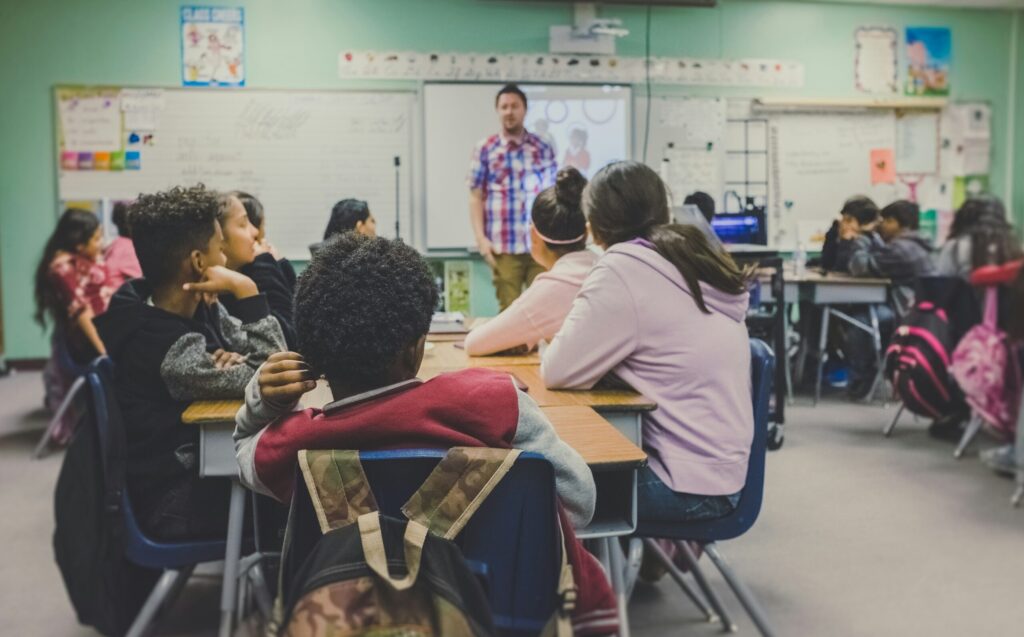On October 7, Governor Gretchen Whitmer signed her seventh education budget, MI SB0166, into law. This bipartisan budget puts parents and kids first, offering significant relief to parents, local school districts, and students. It provides more flexibility to focus on active learning while addressing the daunting realities of food insecurity and large classroom sizes that leave many students overlooked.
The budget sets forth appropriations for fiscal year 2025-2026, with a special emphasis on grades K-12. The budget details that $248.1 million will be allocated to provide free school breakfasts and lunches for students in public schools, estimated to save households $1000/year. $657 million has been dedicated to providing free Pre-K for 4-year-old learners, regardless of household income. For 3-year-olds in the state, $25 million has been invested in preschool programs. The budget’s focus on promoting active learning is foundational, with $122 million pledged to continue building on literacy initiatives. This emphasis on literacy is the future of education in Michigan, inspiring educators and parents alike.
Additionally, funding per student has been calculated at $10,050, a 4.6% increase that ensures more school supplies, access to books, and other learning resources are reaching every student this budget pledges to support. This increase is $2,312 more than what states contribute federally to K-12 public education and is a clear sign of Michigan’s commitment to the future of education. The budget continues to support after-school programming, infrastructure development, language and special education programs, tuition assistance, scholarships, transportation, and funding for universities and colleges.
In all of these significant initiatives, one stands out: $321 million to support student mental health and school safety needs. This substantial allocation is a clear sign that Michigan understands and cares about its students’ mental health. In recent years, students across the nation have been coming forward more about the effects that mental health has had on their educational experience. In fact, 50% of middle school students and 56% of high school students share that feeling anxious, depressed, or stressed are obstacles preventing them from being successful in school. Michigan is setting the example for all states to support education and not overlook mental health support for students.
Education is a right everyone should access without being burdened by costs, food insecurity, or mental health obstacles. In a time when the federal government continues to defund various educational programs and initiatives, it is clear that our government officials fail to account for everyday people. As Michigan leads with an exemplary budget dedicated to addressing these needs and concerns, it reaffirms that there are still good people in this fight for change.

